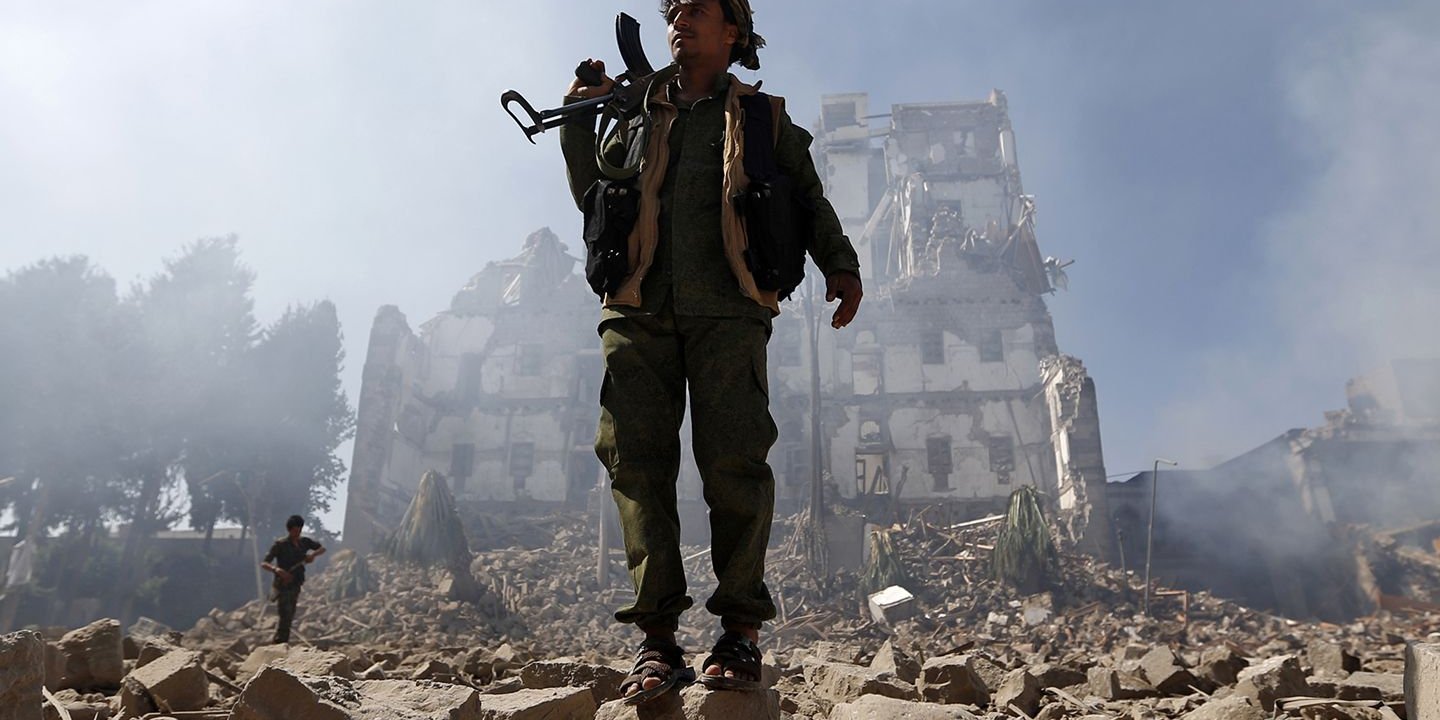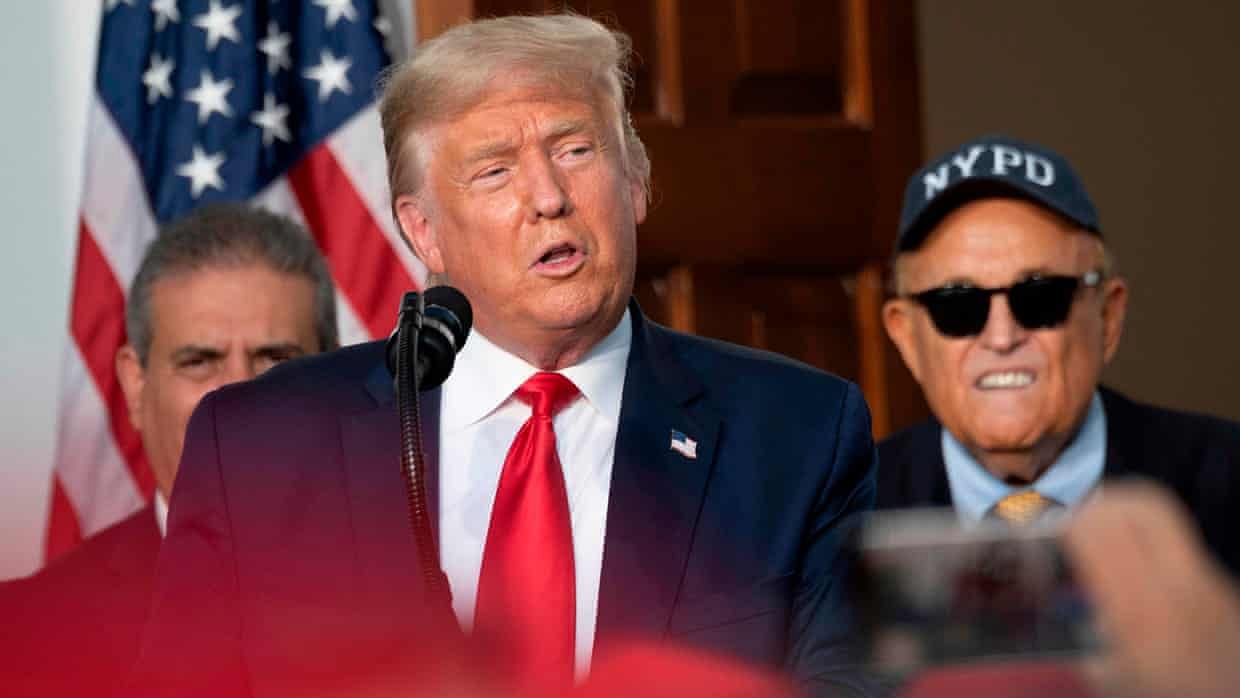The Big Short 2.0
Brick-and-mortar retail has been in distress for years. Trapped between the growth of online shopping and the popularity of discount chains, many retailers have struggled to find a foothold in the changing firmament. The coronavirus pandemic, which prompted stay-at-home orders, increased the financial strain on malls by choking off much-needed foot traffic and cash flow.
It was 2019 and 31-year-old hedge fund analyst Catie McKee, who had been scrutinizing the mortgages on the nation’s malls, was convinced that some of those malls would default on their loans. She and her colleagues had even bet a substantial amount of money on that likelihood.
Ms. McKee made her case to Carl Icahn, one of the country’s best-known investors, who had made a similar wager and invited her team to discuss the trade. Both agreed that e-commerce, changing consumer habits and evolving demographics had pummeled all malls to some degree in recent years, but some were far worse off than others. So by betting on their demise, both could profit handsomely — which they did.
Mr. Icahn, whose hostile takeover of Trans World Airlines (TWA) in the 1980s established him as a major dealmaker, has made $1.3 billion on the trade since that meeting. Mr. Icahn and the investors that made the trade within Ms. McKee’s firm, MP Securitized Credit Partners are among a handful of investors who have, collectively, more than doubled their money. The trade Mr. Icahn and Ms. McKee met to discuss, known as the “mall short” in financial circles, is the latest in a longstanding Wall Street tradition that some criticize as bottom-feeding because it preys on failure and can push a business over the edge while contributing little to the economy.
Most investors buy stocks and bonds with the expectation that they will rise in value. A short is the opposite, and their defenders say they can help expose corporate fraud or deflate a dangerously overvalued asset, which can aid the smooth functioning of markets.
More than a decade ago, some investors famously profited off the collapse of the housing market, even as the United States plunged into a financial crisis. Their trade came to be known as “the Big Short,” inspiring a book and a movie. Daniel McNamara, a colleague of Ms. McKee’s, called the mall short “the Big Short 2.0.”
While the economic turmoil due to the pandemic has caused misery for employees and small business owners, it has been favourable for the world’s richest investors and hedge fund billionaires with the mall short not being the only instance where a “short” trade has succeeded. Another similar instance is of the chief executive of Pershing Square Capital, Bill Ackman, who made a 100 fold return for the hedge fund that yielded $2.6 Billion within a month, making a series of ‘protective bets’ on market volatility and predicting correctly that the markets would plummet – making it “the single best trade of all time” for his speed and accuracy.
There is something discomfiting about the idea of getting fantastically rich off someone else’s misfortune, which is what happens when a “short” trade — or bet against a stock or industry — succeeds. But on Wall Street, such brazenness is celebrated. Investors love little more than a contrarian bet that pays off, a combination of math and seeming magic that allows them to find a market disruption before everyone else and score a big win.




Comments